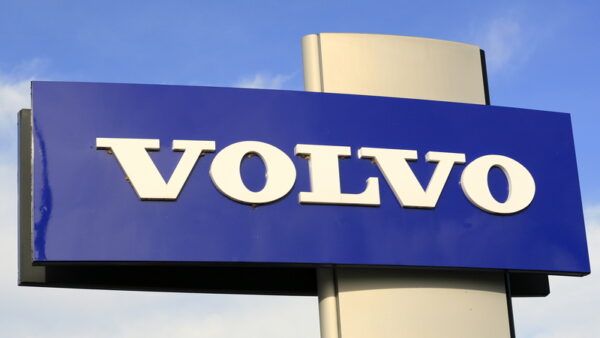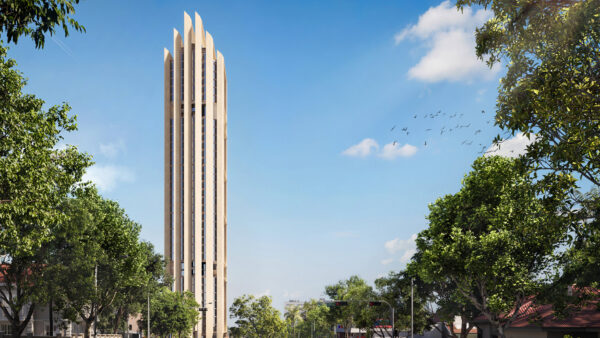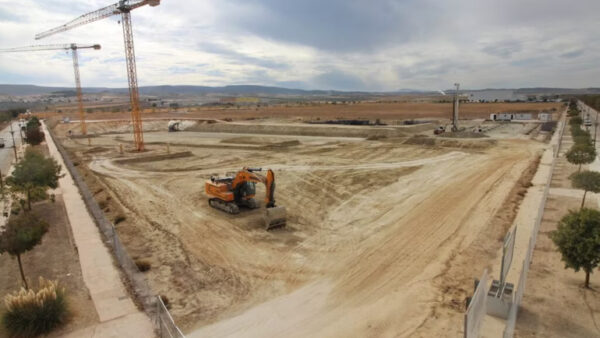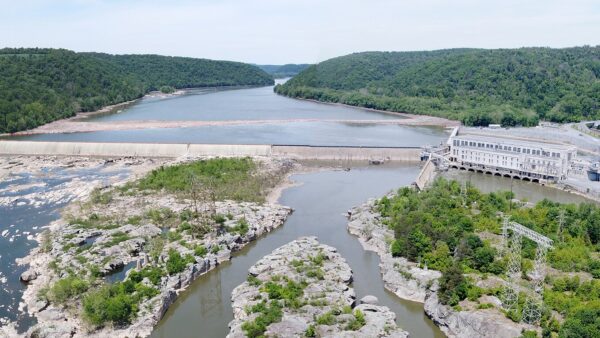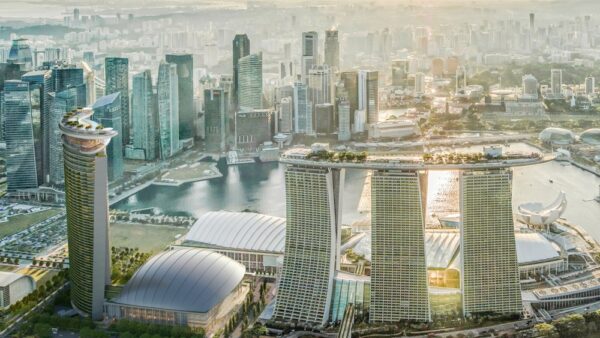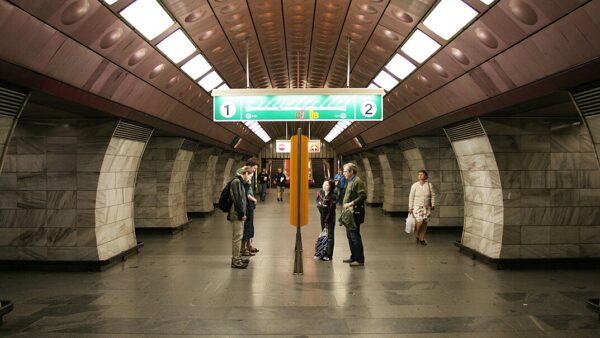
Vietnam’s first metro line began operations on Saturday, ending a 10-year project that has been dogged by delays and ballooning costs.
The 13km elevated line runs between Cat Linh in north-central Hanoi and Ha Dong in the southwestern suburbs. A second, to be called the Van Mieu Line, is expected to open in 2023.
Cat Linh was built by China Railway Sixth Group, a subsidiary of China Railway Group, presently the second largest construction company in the world. Work began in October 2011 and was expected to cost around $550m and enter service in 2016. In the event it was delayed some five years and had a final cost of $868m. Some 77% of this cost was met by Chinese loans.
Initial problems were caused by land acquisition issues, which pushed back completion of the track until 2018, however many elements remained incomplete, including stations, depots, drainage systems and landscaping. Further delays were caused by safety checks, required by Vietnam’s State Acceptance Council.
Commentators have also pointed to Vietnam’s lack of experience in building complex urban projects.
Clément Musil, an analyst for the Paris Research Institute of Architecture, Urban and Social Development, told the South China Morning Post in 2018: “They have to build the institutional framework, and that’s why they’re hesitating.” He compared the situation to Shanghai, which took several years to build its first 13km of track in the 1990s but then went on to build one of the world’s largest metro systems (see further reading).
The Hanoi metro is considered essential to deal with the capital’s growing problems with congestion and air pollution. Vu Hong Son, an official at the Ministry of Transport, said the railway would “ease traffic congestion, limit private vehicles, reduce environmental pollution and contribute to the change of inner-city movements”.
Vietnam’s rapid economic growth in recent years has led to motor scooters to increase from 2 million in 2008 to 5.7 million in 2020, and car numbers to rise from 185,000 to 700,000 in the same period.
Metro passengers will be allowed to travel free during the first 15 days of operations, after which a day pass will cost $1.30. Around 26,000 commuters caught the line during its first day.
The trains will be operated from 5am to 11pm, with a frequency of six minutes during rush hour. Although the design speed is up to 80km/h, the system is presently limited to 35km/h.
Further reading:

